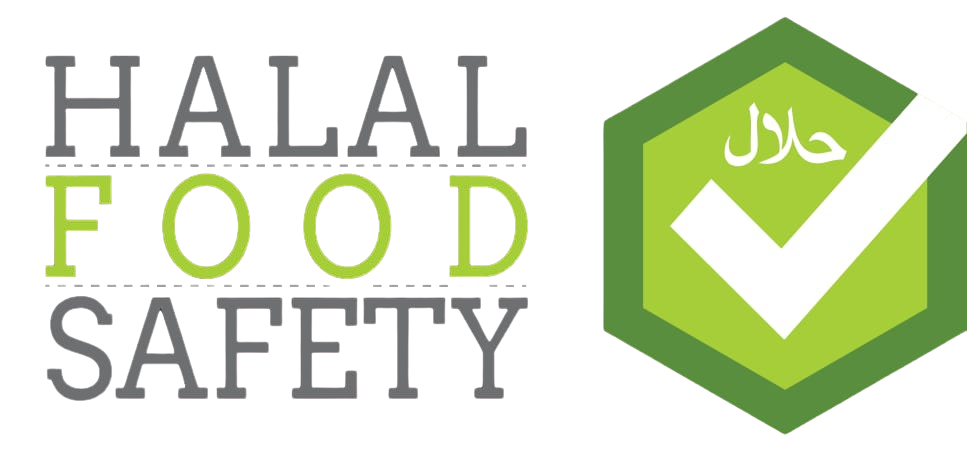Most frequent questions questions on Halal and Halal Certification
Explore our comprehensive FAQ section to get answers to your questions about Halal certification, its processes, and its impact on the Halal market.

In Islam, every aspect of life is governed by divine law, including what is permissible (halal) and what is forbidden (haram). Halal refers to anything that is lawful and allowed, while haram denotes what is prohibited.
In the context of consumer goods, “halal” typically applies to food products, additives, ingredients, contact materials, meat, cosmetics, pharmaceuticals, and personal care items.
Foods That Are Considered Haram
By default, all foods are considered halal unless they fall into one of the following haram categories:
• Swine/pork and all its derivatives
• Animals not slaughtered properly according to Islamic guidelines or those that died before slaughter
• Alcohol and intoxicating substances
• Carnivorous animals and birds of prey
• Blood and blood-based products
• Any product, additives, and constituents (including any product/s used as temporarily as a substitute) which contains or is derived from any one or more of the above ingredients
Mashbooh (Doubtful Items)
There is also a category called mashbooh, meaning “doubtful” or “questionable.” These are products whose halal status is unclear due to unknown or uncertain ingredients. For example, foods containing gelatin, enzymes, emulsifiers, or artificial flavors may be considered mashbooh unless their sources can be verified.
Zabiha (Islamic Slaughter Method)
All meat and poultry must be slaughtered according to Islamic law, a method known as Zabiha or Dhabihah. This process, which must be carried out by a Muslim, is outlined in the Qur’an (the revealed Book of Islam) and the authentic Hadith (teachings of the Prophet Muhammad, peace and blessings be upon him).
Halal Certification is the process through which a qualified, independent, Muslim owned and operated certification body oversees and verifies that consumable products, non-food items, or services comply with Islamic dietary laws. This includes scrutiny of how products are prepared, stored, manufactured, and distributed.
It serves both national and international Muslim consumers by assuring them that certified products meet the religious requirements of Halal. It also provides a unified standard that bridges the gap between industry and the Muslim market, offering credibility, trust, and transparency.
As an Individual
Halal Certification helps you maintain a halal lifestyle by ensuring the food and products you consume are compliant with Islamic guidelines, including dhabiha (proper slaughter methods).
As a Business
Halal Certification opens the door to a global market of over 2 billion Muslims in 194 countries. The total estimated value of the global halal market across all sectors is over USD $7 trillion (2024).
Obtaining halal certification such as Halal Food Safety UK enhances product credibility, strengthens consumer trust, and increases marketability.
It is also a key requirement for exporting food and other consumables to many Muslim-majority countries.
Determining whether a product is halal or haram is a serious and sensitive task. It should only be done by qualified Muslim scholars and Muslim halal certification authorities who are well-versed in Islamic dietary laws and the scientific nature of the product or service in question.
A Halal certification is typically valid for 1 year, depending on the product, process, or service. After expiration, the business must renew the certification by undergoing a new audit.
The total cost depends on the industry (e.g., food, cosmetics, pharmaceuticals, or logistics), location (distance from our London office and facility accessibility), supply chain complexity (ingredients, production processes, and shared Halal/non-Halal facilities), and business size (employees, shifts, and operational scale).
Yes, HFS employs a highly qualified team that includes Muslim scholars, food scientists, certified trainers, inspectors, and experienced halal slaughterers. The organization has also developed comprehensive halal operational procedures to guide both its internal team and external clients.
Copyright @ Created with Halal Food Safety